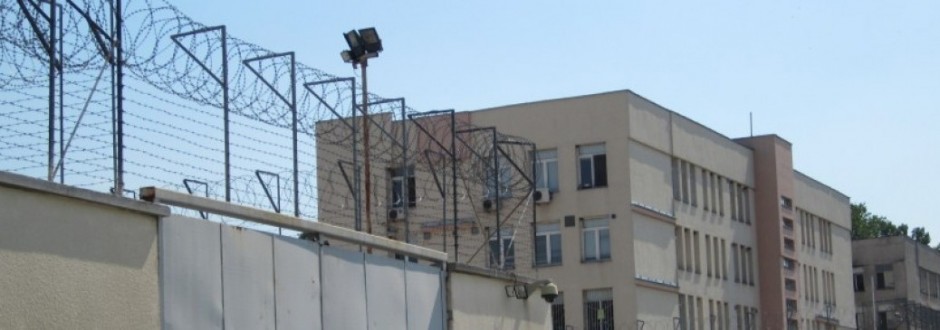While the European Commission (EC) is discussing if financial aid is to be relocated to Bulgaria in order to cover the growing expenses connected to the refugees fleeing into the country, the numbers of people that are crossing the border (usually the Turkish-Bulgarian border) is increasing enormously with each day. In the beginning of October 2013, the head of the State Agency for Refugees (SAR) was dismissed from his job. Among other things, he was accused for the overloading of the refugee camps and the incapability of the institution to cope with the increased number of asylum-seekers.
The problem with Bulgaria’s capacity to provide shelter for refugees is by no means a new one but it has been conveniently overlooked in the past and as of recently just reappeared on the table because of the influx of Syrian refugees. Finally in 2012 – largely due to pressure placed by the Bulgarian Helsinki Committee (BHC) – the transit center in Pastrogor opened doors after a corruption scandal in 2010. Beforehand, the asylum-seekers were imprisoned in the so-called “Special Homes for Temporary Accommodation of Foreigners“, in reality detention facilities that hold a large number of asylum-seekers.
Despite the opening of the center, however, the detention of foreigners continued to take place and was often cited as one of the main reasons behind migrants‘ decision to hunger strike in protest against the long and inadequate procedures regarding their removal from detention to “protection“ facilities. The current “crisis“ in Bulgaria, which is often connected to the inhability of the state to provide shelter for all seeking protection, the miserable condition of shelter facilities, the impossibility to cover basic needs – such as food, medical protection, blankets, to name a few, is not a new phenomena. But not only refugees are in danger to fall into the trap of social exclusion. Bulgarians have EU’s highest risk of poverty which further re/produces social polarization and is often cited as a reaction against the further ‚welcoming‘ of foreigners and sealing of the border among many Bulgarians.
For a few days now, the Bulgarian public is bombarded by official statements that do suggest that indeed sealing off the border with Turkey is a possibility. Political right wing parties use the situation for their own propaganda and threatened to block the government or the Bulgarian-Turkish border at Kapitan Andreevo border checkpoint. A group of Syrian refugees have already filed a complaint with the country’s Discrimination Protection Committee against the nationalist party Ataka. A few days later, a mosque in Kazanlak was attacked.
The bed capacity of the refugee camp in Sofia (Ovcha Kupel) was recently exceeded by 400 people and as of now 1200 people live there. The constant framing of refugees as threat to national security, as potential terrorists and threat to the social order in the country led to the installation of cameras and police vehicles in the areas around “open“ camps in the capital city effectively criminalizing migrants in the country. The Defence Minister of Bulgaria said that he indeed sees risks to national security and that measurement against political terrorist cells have been already undertaken. Because of this a so called “distribution center“ in Elhovo will open doors on the 15th of October. In Voenna Rampa, an old military ramp, 650 people are accommodated as of now. Many people try to flee the circumstances in Bulgaria and – as reported – 1200 have already been caught in 2013 making an attempt to escape from the country.
Visible forces from other European countries are assisting the Bulgarian Border Police. A total of 1200 border police officer are deployed along the Bulgarian-Turkish border, in order to “protect“ it from the ‚influx‘ of refugees. At the end of 2012, Greece completed a 6.5 mile border fence with Turkey in hopes of keep refugees out. Turkey, where already over 500 000 refugees are living, will create a wall to the Border of Syria in the next few days. Because of the closing the borders, many people try to make their way through the Aegean Sea and the Mediterranean. Last week, more than 300 refugees drowned in close vicinity to the island Lampedusa – they failed on an invisible border.
